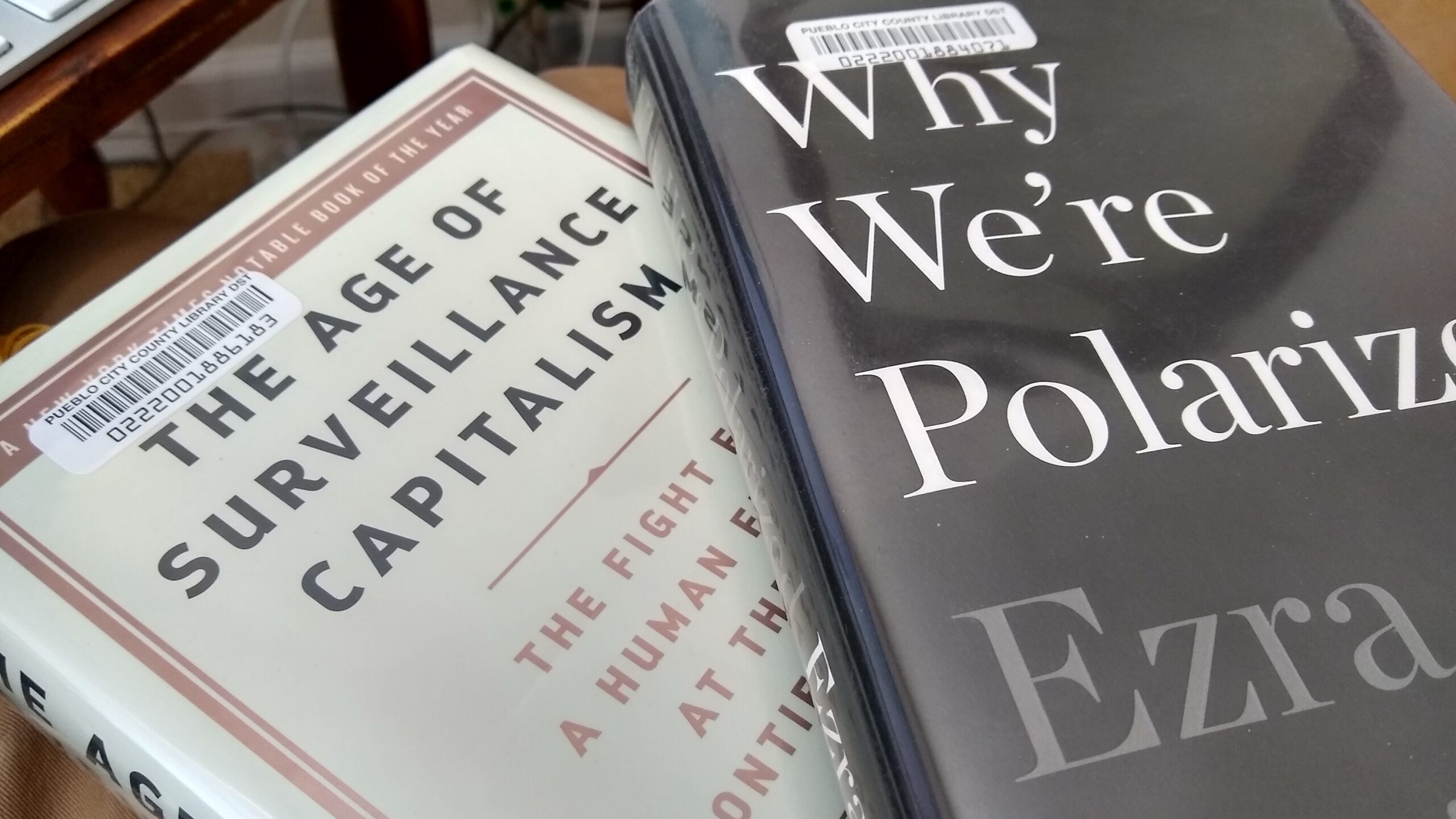
I’ve been catching up on some reading over the holiday break and two books that caught my attention are proving to be quite helpful to understanding the recent events in our nation’s capitol. What we’re witnessing is shocking, but not surprising, to those who have paid attention to the ever-increasing power exerted by Big Tech over every detail of our lives, including our political identities.
Big Tech is shorthand for the companies that control much of our everyday lives through their use of software and hardware designed to capture and hold our attention. And speaking of attention, if I were to add another recent title that addresses this concern it would be The Attention Merchants, by Tim Wu.
By gathering the massive amount of data generated every minute of every day by billions of users, these companies have tapped into a resource that they have turned against us to predict and control our future behavior. Siloing, creation of filter bubbles, nudging users towards certain behaviors, shadow-banning (and now more overt actions to disenfranchise users) are just some of the ways that Big Tech is meddling in the political process. If that sounds like a radical conspiracy theory to you, I urge you to read these books and then we can have a conversation.
And while all of us can agree that what transpired this past week in the halls of congress was both dangerous and disgusting, reasonable people continue to disagree about how to respond to controversial political speech on the leading tech platforms. The ban of the President of the United State by numerous platforms, regardless of your opinions about Trump himself, is cause for concern and should not be taken lightly.
Similarly while the attack on right-wing alternative platforms, e.g. Parler, by Amazon, Apple and Google, may feel like a reasonable and perfectly legal response to unhinged speech that calls for political violence, the danger is to further marginalize and force underground a movement that has enormous popular support.
I’m not suggesting that racists, white-nationalists, and anarchists should have a seat at the table, but I am suggesting that unelected leaders of a few massive tech companies cannot be trusted to make decisions about who gets to participate in our political discourse. This time they may appear to be on your side, but what about when the tables are turned? We’ve given these tech platforms enormous power over the future of our democracy…and that makes me very concerned.

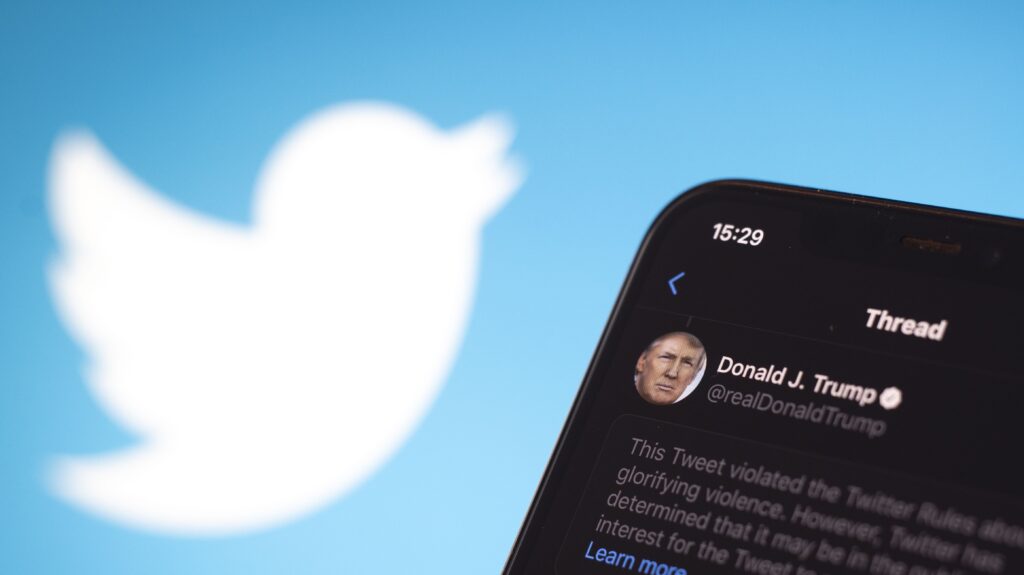
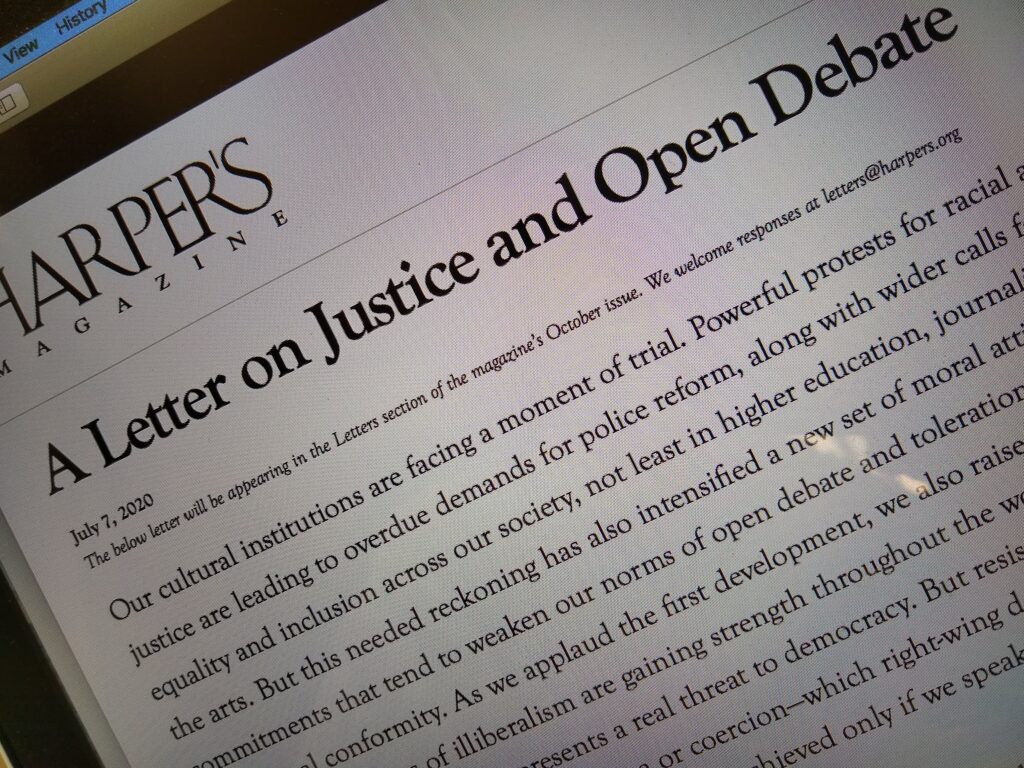
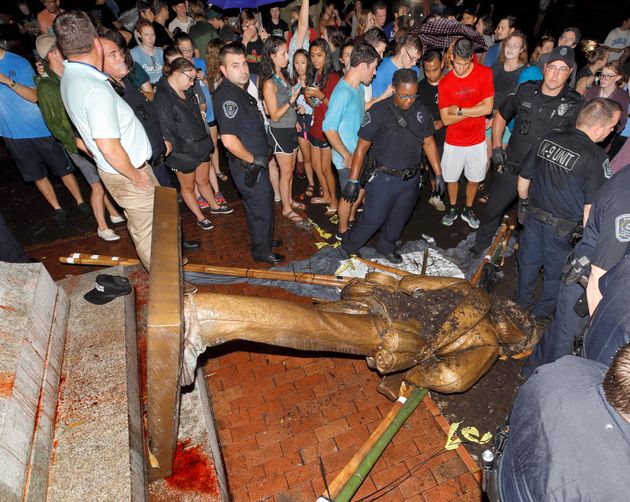
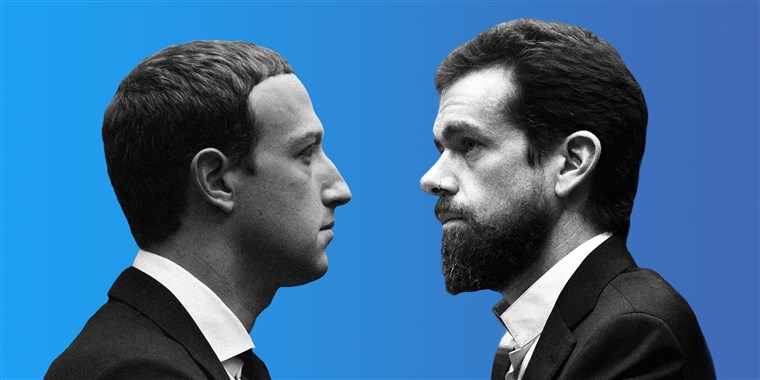
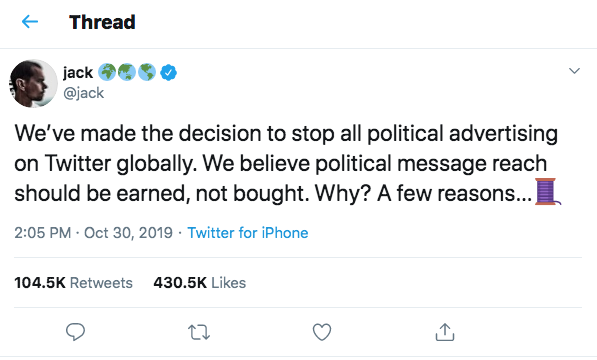

 You may have missed the 72nd Annual Tony Awards broadcast last week…actually, based on ratings you almost certainly missed it…but even so you may have heard that movie star Robert De Niro dropped the f-bomb in a political statement directed at President Trump. Networks censors were ready and bleeped the offending word, as required by the FCC, but viewers at home still got the message.
You may have missed the 72nd Annual Tony Awards broadcast last week…actually, based on ratings you almost certainly missed it…but even so you may have heard that movie star Robert De Niro dropped the f-bomb in a political statement directed at President Trump. Networks censors were ready and bleeped the offending word, as required by the FCC, but viewers at home still got the message.